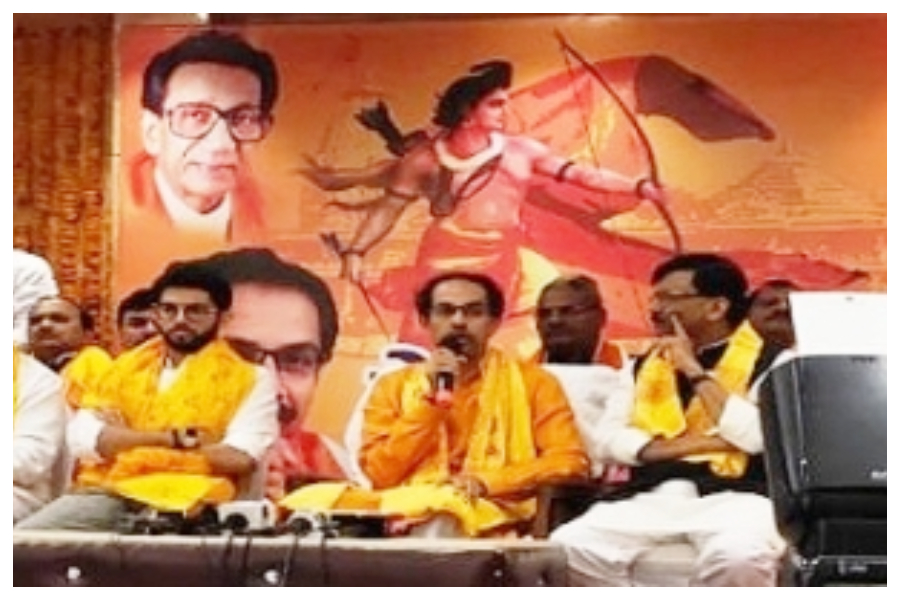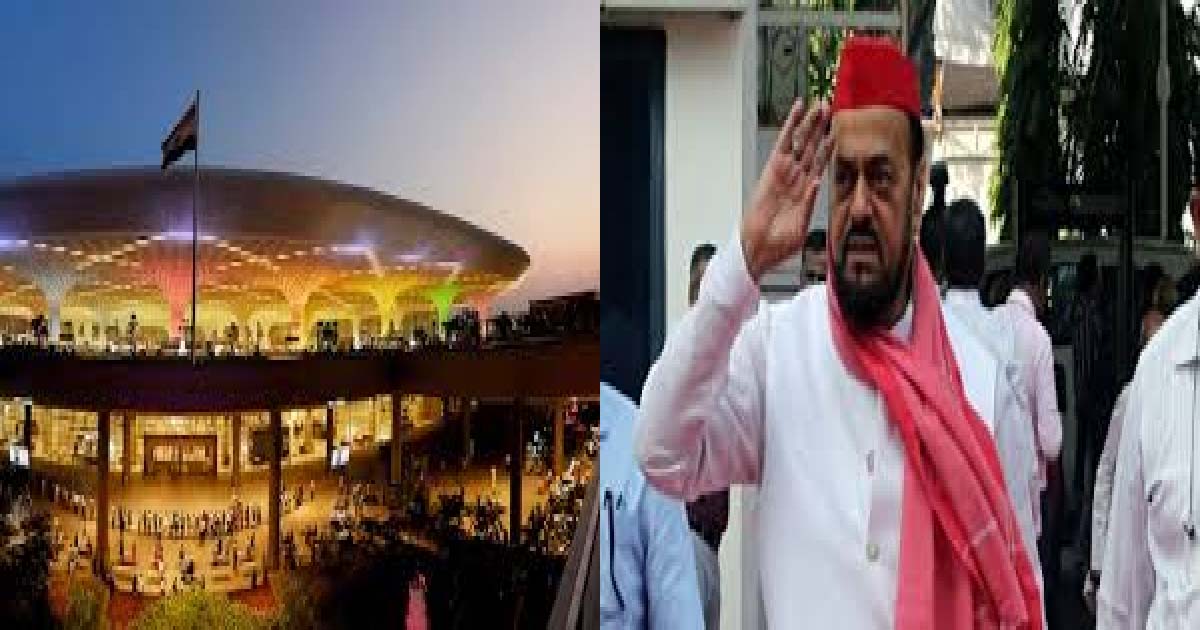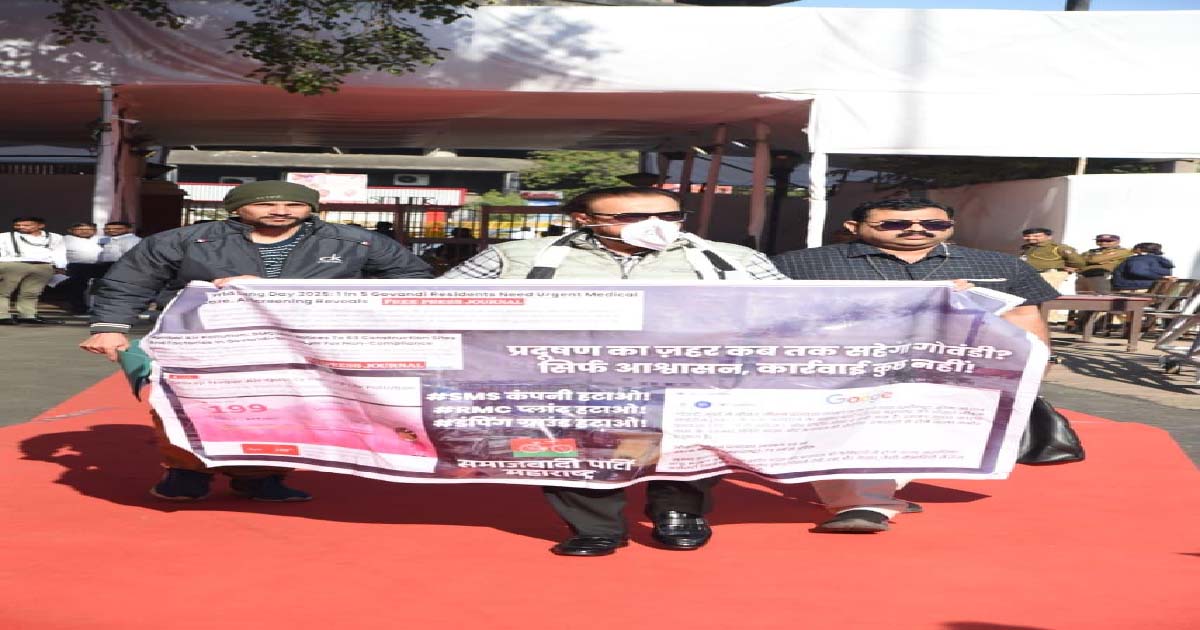Maharashtra
Maharashtra finances not robust, but salvageable with ‘discipline’

As the Maha Vikas Aghadi (MVA) government readies for its third annual Budget (2022-2023) in early March, the focus is again on the state of the state’s finances.
The state has been grappling – ranking among the worst-hit – with the ongoing Coronavirus pandemic and the series of lockdowns that have played havoc with the economy, revenues and expenditure, and diversion of most resources to the health sector for the masses reeling under the impact of Covid-19.
Till the previous fiscal (2020-2021), the state had notched up a whopping debt of Rs 520,717 crore, mostly comprising unpaid loans and other liabilities.
However, the fiscal deficit percentage vis-a-vis GSDP is 2.1 per cent and the debt stock to GSDP is 19.6 per cent – well within the prescribed limits of 25 per cent, as per the Fiscal Policy Strategy Statement of last year, according to the official data.
“Though appearing huge, the debt figures are an accumulation of the past several years owing to various factors. The average annual addition is in the range of Rs 65,000 cr,” said Dr Ratnakar Mahajan, well-known economic expert and former Executive Chairman, Maharashtra State Planning Board.
Unlike many other states, there are no money-guzzling ‘populist schemes’ operating in Maharashtra – barring one important welfare measure started in Jan/2020 – the affordable meal of ‘Shiv Bhojan Thali’ – which was extended and heavily subsidised after the pandemic lockdowns were imposed in March 2020.
A pet venture of Chief Minister Uddhav Thackeray, the ‘Shiv Bhojan Thali’ – on which the state government has spent less than Rs 500 crore in the past 24 months – proved to be a life-saver for the urban-rural poor and the lakhs of migrants on the move in the early days of the lockdown series.
However, officials say the debt has to be serviced without fail every year – which is the expenditure part of the annual budget – but there is scope for being prudent, said an official of the state Finance Ministry, headed by Deputy Chief Minister Ajit Pawar.
The official – requesting anonymity – explained how the two years of the severe pandemic has hit all sectors of the economy, compounded by the economic slowdown, job losses which are now gradually being rolled back, the farm loans waivers, handling a series of natural calamities, shortfall in all types of tax revenues and also the massive amount of GST dues pending from the Centre.
Dr Mahajan said one of the factors responsible for growing fiscal burden in the past was, finances were raised at higher interest rates for shorter periods, like availing loans at 11 per cent for 3 years.
Some governments managed to overcome this by restructuring the old loans at lower rates of interest for longer periods – say, at 8 or 9 per cent for 5 years – which lessened the burden and spread it over the years less painfully.
Besides, whenever any government takes up new or mega-projects, it becomes the responsibility of the next regime to take it forward with adequate budgetary provisions.
Officials said some like the Metrorail may be top priority to reduce traffic congestion but others like the Bullet Train could wait for a while to prevent diverting scarce resources from other critical sectors, especially during the pandemic period.
Nevertheless, Dr Mahajan feels that with ‘safer and cautious decisions” it is very much possible to bring the state’s finances “well on the track” in just two years.
“This was done in the past during the tenure of the former Chief Minister Sushilkumar Shinde… with certain decisions that helped revive the financial situation and also reduced the state’s debt burden significantly,” he said.
As for the next year’s State Budget (2022-2023), all eyes are on (DCM & FM) Ajit Pawar to see how he juggles with the stretched finances and scarce resources to keep the state afloat amid optimistic signs that it is veering out of the scalding Covid-19 cauldron.
Maharashtra
Preparations for Sunni Dawat-e-Islami’s three-day global Sunni gathering in full swing

Mumbai: Like every year, this year too, the 33rd annual gathering of the Sunni Dawat-e-Islami Movement is being held on Friday, Saturday and Sunday, December 12, 13 and 14 at Azad Maidan, Wadi Noor, opposite CST, Mumbai. Like last year, this year too, the gathering on the first day, Friday, will be for women only, while the remaining two days will be reserved for men. Insha Allah, many scholars, preachers and mashaikhs from the country and abroad will participate in this global gathering. The preparations for the gathering were started last Saturday in the evening after the weekly central gathering. Urdu Media In-charge Maulana Mazhar Hussain Alimi said that the leaders of the movement are making full efforts to make the three-day gathering a success. Efforts are being made to provide all possible facilities so that the audience and attendees do not face any kind of trouble. As per tradition, this year too, the three-day global gathering will be broadcast live on sdichannel, which will be directly accessible to those who wish to learn religious teachings from all over the world. The women’s gathering on the first day will feature speeches on important topics such as “Women’s Intellectual Taste”, “Women’s Real Ornament: High Character and Modesty”, and “Women’s Share in Inheritance”. In addition, the researcher of modern issues Hazrat Mufti Muhammad Nizamuddin (President Mufti of Jamia Ashrafia Mubarakpur) will answer questions asked by women about Islam. Ameer Sunni Dawat-e-Islami and the spiritual leader of this gathering, the great preacher Hazrat Maulana Muhammad Shakir Noori, has appealed to people to participate in the gathering as much as possible, understand the message of religion and act on it. Ameer Sunni Dawat-e-Islami has said that they should also come and bring their friends and thus become a means of transmitting religion. He has appealed to Muslims to send women from their homes to the gathering on the first day so that they can Attend the gathering to learn religious teachings, improve themselves and advise others. There will be important speeches by great scholars and preachers in the gathering on the second and third days. There will be detailed speeches on important topics such as “The Miracle of the Holy Quran”, “The Spiritual Life of the Holy Prophet (PBUH), “The Envoy of Peace (PBUH), “Searching for Humans in Humans”, “Ethics and Spiritual Training of Youth”, “Religious Information and Artificial Intelligence”, “Signs of the Pleasure and Displeasure of Allah Almighty”. Islamic thinker Allama Qamar-uz-Zaman Azmi (Secretary General World Islamic Mission London) will deliver a speech on the third day. Insha Allah, the commentator of the Quran, Khalifah Mufti Azam Hind, Hazrat Allama Zaheeruddin Khan Rizvi, will also deliver an insightful speech. In the gathering on the third day, there will be a gathering after Zuhr prayers, followed by a lecture on the latest issues of Bukhari Sharif, in which the last hadith of Bukhari Sharif will be delivered by Hazrat Allama Mufti Muhammad Nizamuddin Rizvi (Jami’ Ashrafia Mubarakpur). On this occasion, prayers are accepted in the presence of the Lord, so be sure to participate in this prayer as well.
In order to facilitate the participants of the gathering, a large number of ablution rooms and toilets are being built, and more than sixty cameras are being installed throughout the gathering as part of security arrangements. In addition, about two thousand women will volunteer for the women’s gathering, while more than one thousand male volunteers will serve in the gathering on the second and third days. The police have requested the participants of the gathering not to bring handy cameras, laptops, wires, batteries, matchboxes, lighters, nail cutters and other electronic equipment that runs on batteries. For security reasons, parking of motorcycles or any other vehicle around the Azad Maidan is not allowed.
Maharashtra
Azmi demands in Nagpur Assembly that Navi Mumbai Airport be named after Chhatrapati Shahu Maharaj

Mumbai: In the Mumbai Maharashtra Nagpur winter session, Member of Assembly Abu Asim Azmi has demanded that the Navi Mumbai Airport be named after Chhatrapati Shahu Maharaj. He said that he died in Mumbai on May 6, 1922, so the Navi Mumbai Airport should be named after Shahu Maharaj. He said that Shahu Maharaj has always served Dalits, backward classes, educational reservation and equality and it is to his credit that Dalits and backward classes are provided with reservation and other facilities. He said that the Navi Mumbai Airport should be named after a great leader. Since the airport is a transportation hub, naming the airport after Chhatrapati Shahu Maharaj is a tribute to him.
Maharashtra
Azmi’s unique protest… Wearing a mask, he reached Nagpur Assembly with a banner demanding effective action to end toxic air pollution in Mumbai, SMS company

Mumbai: Air pollution and toxic atmosphere are common in Mankhurd Shivaji Nagar. The people of Shivaji Nagar and Govindi are facing toxic fumes every day. Successive governments have neglected this area because it is a poor neighbourhood.
On the second day of the winter session of the Assembly today, the Samajwadi Party (SP) made a clear demand.
It has demanded the immediate closure of the SMS company, RMC plant, and dumping ground and made it clear to the government that it should stop playing with the lives of the common man.
The government should take effective steps to eliminate this toxic air pollution. Abu Asim Azmi said that due to the SMS company in Govandi, the average age of people has increased to 39 years and diseases are spreading due to burning waste and chemical materials in it, so it should be banned immediately. He further said that clean sanitation and other facilities should be available in Govandi and such a factory should be closed so that the people can live a healthy life. Abu Asim Azmi protested against the toxic air outside the Nagpur Assembly in a very unique way by holding a banner and wearing a mask.
-

 Crime3 years ago
Crime3 years agoClass 10 student jumps to death in Jaipur
-

 Maharashtra1 year ago
Maharashtra1 year agoMumbai Local Train Update: Central Railway’s New Timetable Comes Into Effect; Check Full List Of Revised Timings & Stations
-

 Maharashtra1 year ago
Maharashtra1 year agoMumbai To Go Toll-Free Tonight! Maharashtra Govt Announces Complete Toll Waiver For Light Motor Vehicles At All 5 Entry Points Of City
-

 Maharashtra1 year ago
Maharashtra1 year agoFalse photo of Imtiaz Jaleel’s rally, exposing the fooling conspiracy
-

 National News1 year ago
National News1 year agoMinistry of Railways rolls out Special Drive 4.0 with focus on digitisation, cleanliness, inclusiveness and grievance redressal
-

 Maharashtra1 year ago
Maharashtra1 year agoMaharashtra Elections 2024: Mumbai Metro & BEST Services Extended Till Midnight On Voting Day
-

 National News1 year ago
National News1 year agoJ&K: 4 Jawans Killed, 28 Injured After Bus Carrying BSF Personnel For Poll Duty Falls Into Gorge In Budgam; Terrifying Visuals Surface
-

 Crime1 year ago
Crime1 year agoBaba Siddique Murder: Mumbai Police Unable To Get Lawrence Bishnoi Custody Due To Home Ministry Order, Says Report












